October 2018

Promoting Sustainable Aquaculture in the Philippines
October 25, 2018
I recently returned from the Philippines, where I was asked to assess and advise on water quality conditions in two areas of the Caraga region of Mindanao where Winrock’s Philippines Cold Chain project, funded by the U.S. Department of Agriculture, is helping farmers and fisherfolk. These areas have adopted their own distinct technologies for cultivating […]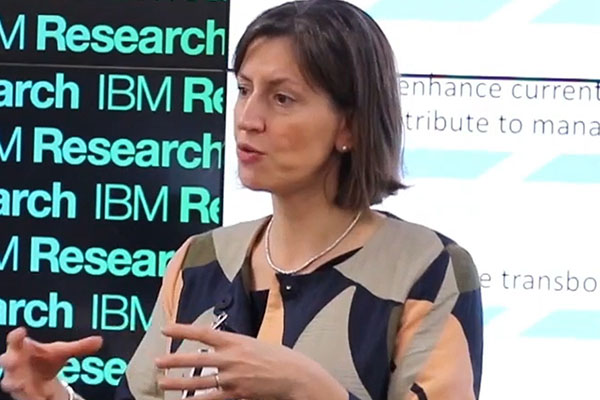
Translating Data into Action
October 25, 2018
When Clara Bocchino began her undergraduate degree in Milan, studying foreign languages and literature, she thought she would go on to be an interpreter. But one class, a study in human geography, introduced her to community-based natural resource management – and changed her life. “Transboundary conservation really captured my attention – the complexity of the […]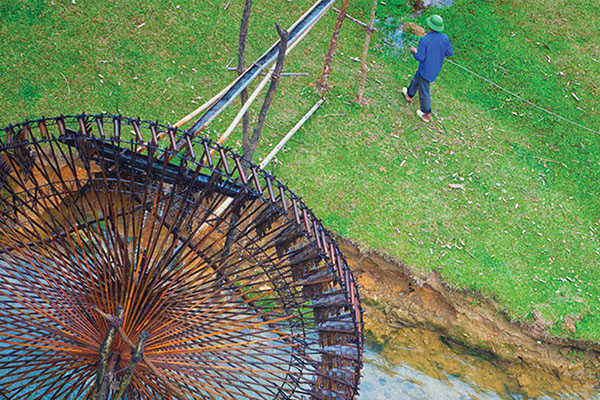
Water @ Wilson: 50 Years of Water, Conflict and Cooperation
October 24, 2018
Water is critical. It grows our food, generates our energy, and ensures our prosperity. To address the challenges that stand in the way of building healthy, prosperous, and peaceful communities, we must first tackle the challenge of water insecurity. As the Wilson Center celebrates its 50th anniversary, the Environmental Change and Security Program marks water’s […]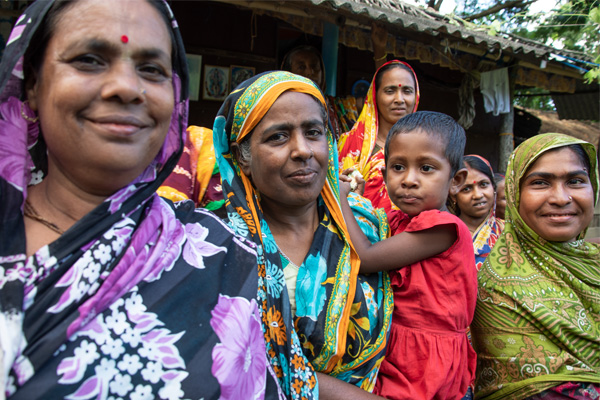
Fishing for Change
October 23, 2018
“Do your husbands object to your attending class?” “No, no, no,” say the women. “With a show of hands, how many of you are now earning money?” Nearly everyone in class raises her hand. The women of Baika Beel are participating in one of USAID Bangladesh’s Climate Resilient Ecosystem and Livelihoods (CREL) project’s financial entrepreneurship and […]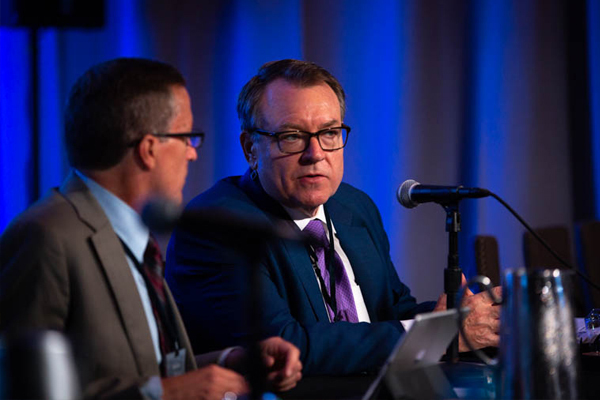
Winrock Leaders Join the Conversation at Concordia 2018
October 17, 2018
Winrock President and CEO Rodney Ferguson and several other Winrock leaders joined thousands of delegates at the 2018 Concordia Summit September 24 and 25. Concordia brings together decision-makers from the public, private and nonprofit sectors working on some of the most pressing challenges facing the world today. Winrock was thrilled to participate and lead several […]
Launching ‘CLIMB’ in Cox’s Bazar
October 9, 2018
Cox’s Bazar, Bangladesh, has long been a bustling fishing port and resort town, and Winrock has worked in the area for years on projects ranging from anti-trafficking-in-persons to alternative livelihood creation. Its newest project in the area — Child Labor Improvements in Bangladesh (CLIMB), funded by the U.S. Department of Labor — is addressing the […]
‘I was one of the lucky ones’
October 9, 2018
Cox’s Bazar, Bangladesh: More than a million and a half Bangladeshis are thought to be living in modern-day slavery. Winrock’s Bangladesh Counter Trafficking in Persons (BCTIP) project, funded by USAID, has provided services to more than 2,000 trafficking survivors, helping them heal and start a new life. BCTIP has helped more than 18,200 migrants learn […]
Winrock Partners with Bangladesh Department of Fisheries
October 3, 2018
On September 28, 2018, Winrock’s USDA-funded Safe Aqua Farming for Economic and Trade Improvement (SAFETI) project signed a Memorandum of Understanding with the Department of Fisheries of the People’s Republic of Bangladesh. The MoU authorizes joint collaboration to sustainably develop the shrimp and prawn sector in Bangladesh. Winrock’s USDA SAFETI project aims to increase production […]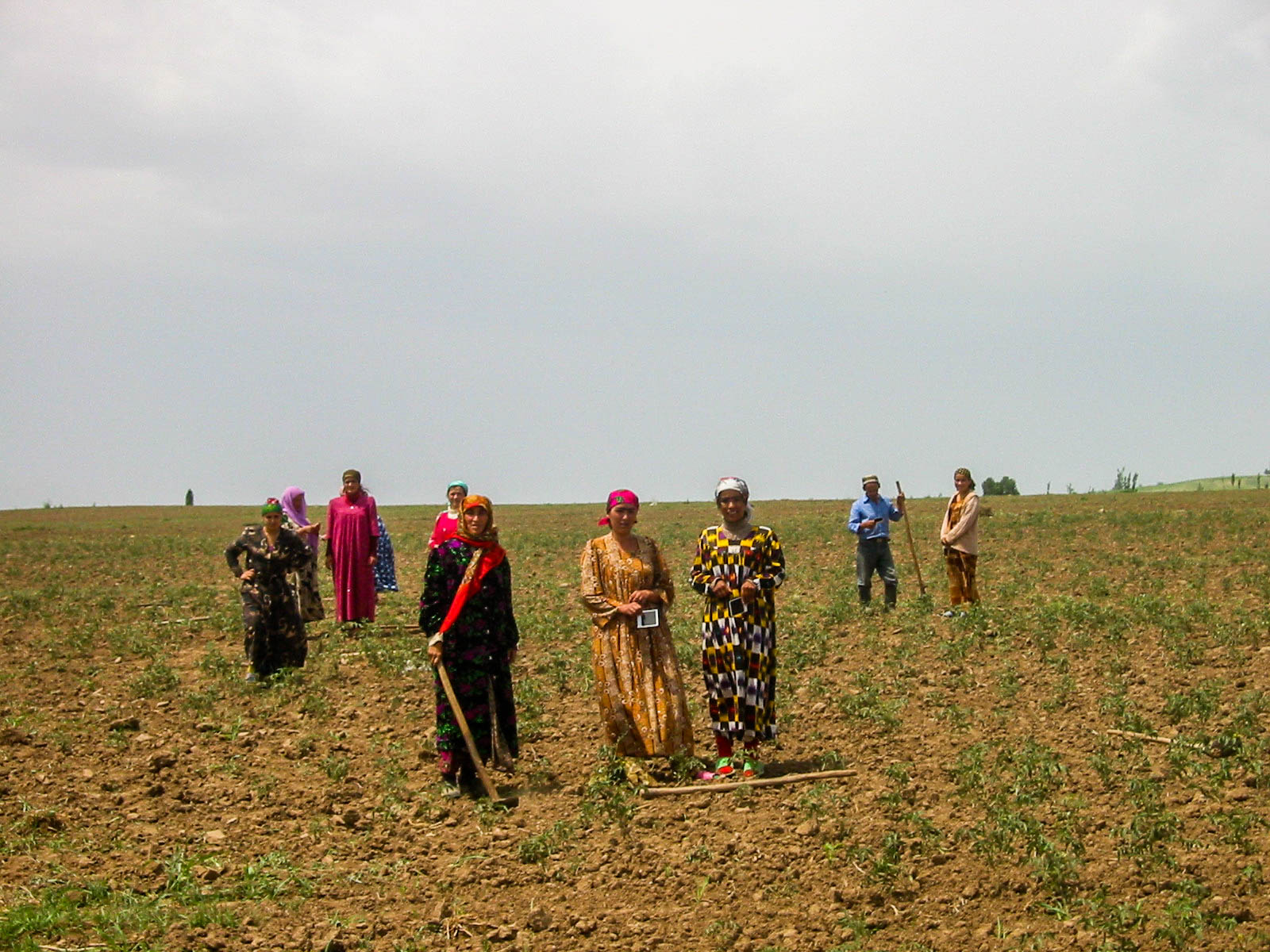
How Helping Farmers Helps a Nation
October 2, 2018
Agriculture is a key component of Tajikistan’s economy, accounting for 21.1 percent of GDP and employing 46.5 percent of the labor force. There remain a number of challenges that limit productivity and market potential, which in turn have resulted in low agribusiness incomes, indebtedness and food insecurity. There are, however, strategic opportunities to improve agricultural […]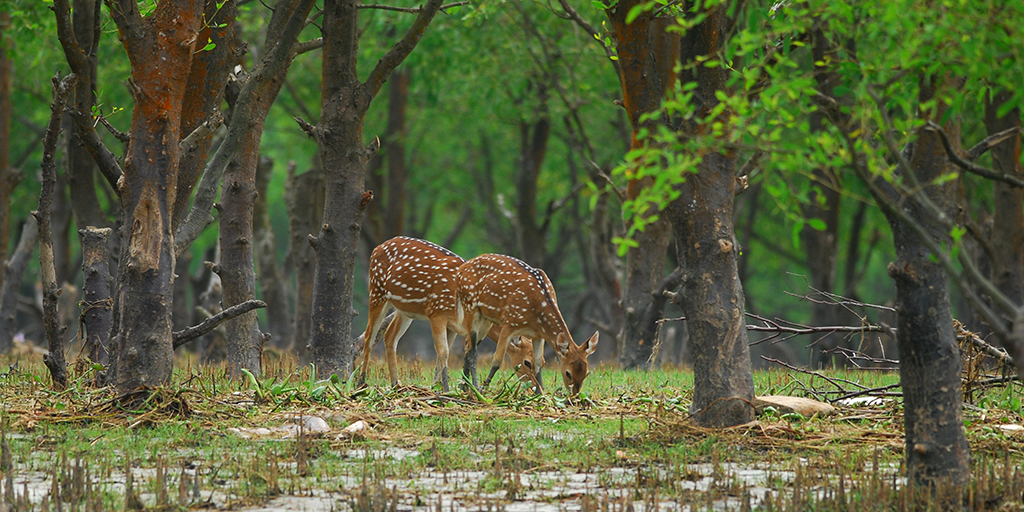
Bangladesh Community Management Organizations (CMOs)
October 2, 2018
In the early 1950s, a cluster of islands emerged in the shallow Bay of Bengal. In 1979, the main island was named “Nijhum Dwip” (Silent Island) for its natural beauty and isolation. A dense mangrove forest developed over time, and the mudflats and shallow waters are a spawning ground for hilsha, the national fish, and […]